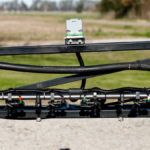
Ready for prime time? Spot-spraying tech advancing quickly
Spot spraying in crop has a ways to go, but pre-seed burn-off may soon be commonplace
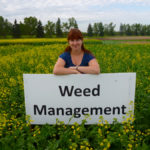
Wet fall and late spring a recipe for increased weed risk
Pre-seed burn-off will depend on what’s popping up in your fields, so scout early, says weed scientist
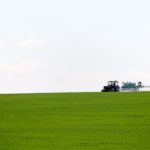
Herbicide injury guide now online
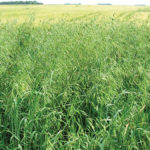
Glyphosate-resistant wild oats are in Australia, and that’s bad news here
Aussies usually see resistance first, with Canada close behind – and that means a ‘scary’ scenario for Prairie farmers
Unusual growing season brings unusual pest pressures
Weather conditions have brought late weed flushes and repeat attacks on crops, says specialist

In the weeds: Canadian farmers can’t stay ahead of herbicide resistance
The problem is huge, rapidly getting worse, and non-chemical weed control is becoming a necessity
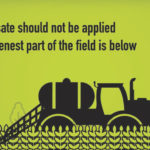
An early warning on using pre-harvest herbicides
Trio of crop organizations warning farmers about herbicides that are ‘products of concern’
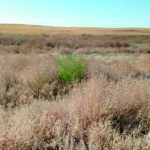
Expect a full blast of kochia this spring
The tumbleweed already has the south in its grip and two years of dry conditions have made it stronger

No ordinary herbicide — glyphosate keeps making headlines
The world’s most widely used herbicide will continue to be one of agriculture’s biggest newsmakers


